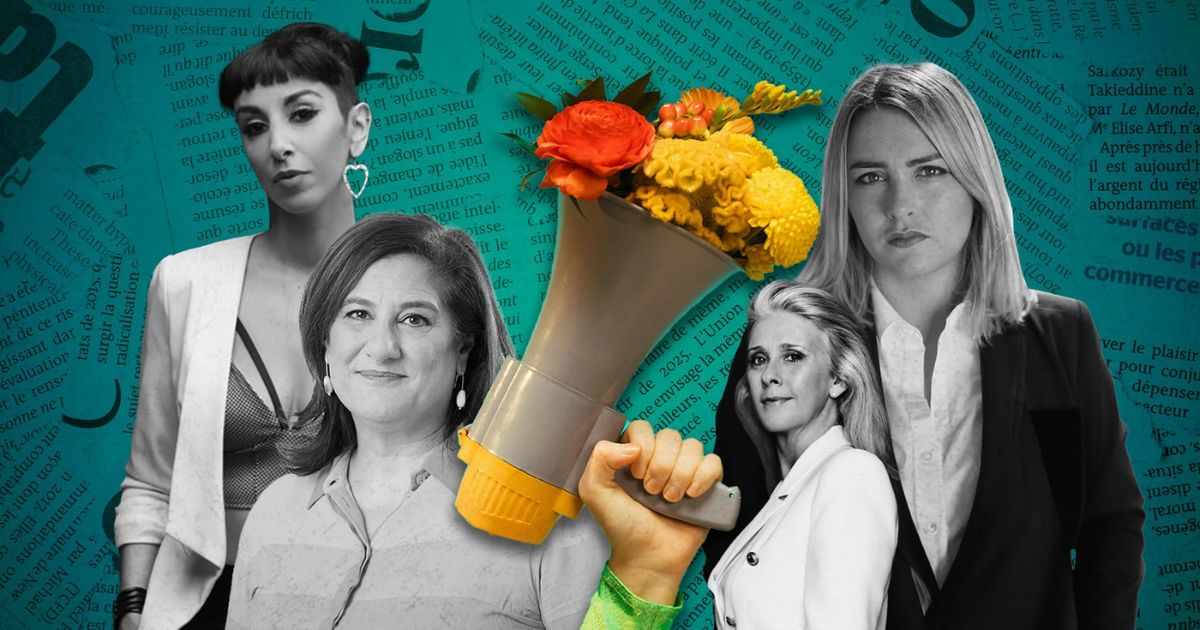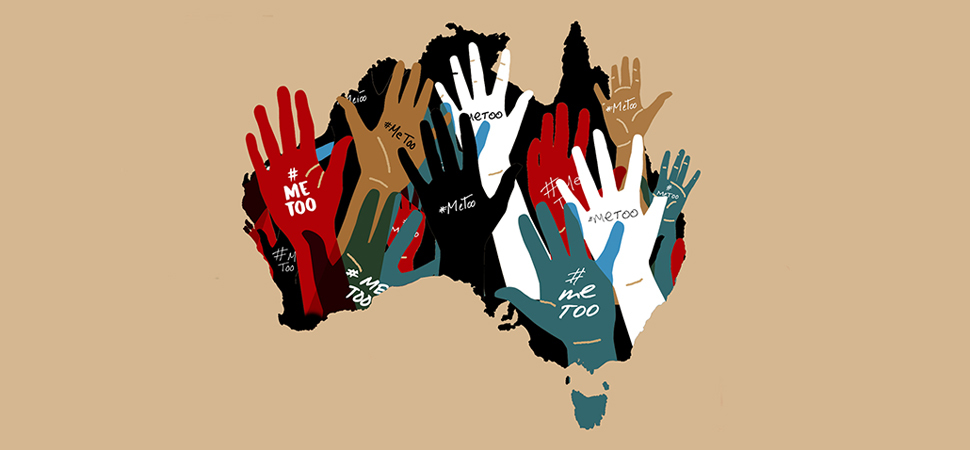Life After #MeToo: Op-Ed

In an industry where musicians are paid more for saying “who ordered the Big Macs?” than for writing music that soundtracks a generation, it’s apposite to think the world has gone to shit.
The world’s biggest record label is at war with the world’s biggest social media platform, with fears of AI-generated music at the forefront of UMG’s rationale for pulling its catalogue from TikTok. Add to this a cost of living crisis, an invisible enemy which more than three years since rearing its head has placed consumer confidence at an all-time low – even the most Herculean of us would feel helpless.
Every sector, at every turn, is experiencing hardship and an uphill battle for peace, equity, and recognition.
It’s no wonder our music industry’s #MeToo movement has taken a backseat.
Perhaps we’ve been too anxious about our places in the world to remember those who fought for us. Like the one-time-strangers who sat outside a pub in Sydney to pen the #meNOmore Open Letter, later making global headlines.
Perhaps we’ve been too disheartened to remember the fire that filled our collective bellies when the first move of accountability was taken thanks to the launch of Beneath The Glass Ceiling. Perhaps we simply forgot how necessary SoundCheck Aotearoa’s action group was and still is.
Perhaps we also forgot about the work of Tracey Spicer, Michelle Grace Hunder, Claudia Sangiorgi Dalimore, Deena Lynch, Rosie Fitzgerald, Tamara Georgopoulos, Michelle Pitiris, Jacqui Louez Schoorl, Vicki Gordon, Ruby Jones, Alison Mau, Dr Jeff Crabtree, Alexandra Shehadie, and many, many others.
The sacrifices of those who stood up for all people in music didn’t play out like you may have thought it would. They didn’t just lose their privacy; some of them lost their livelihoods, others their reputations. Some lost their passion for our industry and left it altogether.
Ask any survivor of sexual assault, harassment, or bullying in the music industry why they might choose to come forward, and none of them will tell you it’s for revenge. They will not tell you it’s to raise their profile, like the echo of some industry whispers that keep churning the rumour mill. They will tell you it’s partly for accountability, but mostly it’s for you.
It’s so you and those who come after you can enter workplaces — whether it’s onstage, in writing rooms at recording studios, in offices, on festival sites, or on tour — and not have to worry about whether today is the day you become a target. It’s for your safety, and the safety of your contemporaries. It’s so you don’t have to go through what they did, and what they still go through, as they fight for that safety in boardrooms and courtrooms today.

Don’t let their sacrifices go to waste. Don’t let the loudest voice win. Don’t listen to the person who tells you not to hire that applicant because “did you hear how she left her last job? She was fired.” Ignore the person who warns you against working with someone because of the way they spoke up against the gatekeepers.
If you’re reading this, chances are you’re a gatekeeper yourself, with varying levels of power, connections, and access that those outside the gate will work for years, possibly decades, to attain. Use that power in a way you are proud of.
I was the girl outside the gate once. I was called fiery when I was being direct; I was touched inappropriately while doing my job; and I was told “that’s just his character” when I plucked up the courage to address it once.
I was also the girl who was delivered cease and desist letters by lawyers representing powerful men in music. And I’ve been the girl who resigned from my job when my boss at the time wrote an apology on my behalf to a man once described as “one of the most powerful people in the Australian music industry”. I’m not ashamed of any of those things.
Perhaps it’s also because I’m the girl who had smart, kind men and women leave the gate open for me. Who backed me up when I needed it most. Who put their own reputations on the line to do what was right.
Throughout my 14-year career thus far, I’ve been lucky enough to experience global music industries from an advantageous point of view. I’ve been given the privilege of front row seats into the minds of people who run them. I’ve utilised my job as a journalist and editor to sit across from these people and ask, pretty much, whatever I like. It’s a fascinating privilege when you think about it, to be given that kind of access and space to understand a person’s ‘why’, with the goal to pass on that uniquely acquired knowledge.
It’s not something I will ever take for granted, but it has deepened the love I have for my local industry. I fell in love with the music community in Australia and Aotearoa for its accessible nature, its ability to take an idea, mobilise a collective of creatives, and make magic out of thin air. If great ideas realised were currency, we’d be atop the world’s richest economies.
Might I remind you that we made music history last month when Tones And I’s “Dance Monkey” became the first song by a female artist to clock over three billion streams on Spotify. Might I remind you that she is the sole songwriter on that track. Might I remind you that she is performing stadiums right now in support of P!nk. But might I also remind you that when the news was announced, one local journalist called the achievement “embarrassing for all involved” on his Twitter/X account.
And yet, I sit here on International Women’s Day, embroiled in complete dichotomy. On one hand I am galvanised by the movers and shakers of our industry who use their platforms for good. And on the other, I am perplexed by examples of cheap seat critics who, as Brené Brown once put it, “Will never be brave with their own lives, but will spend every ounce of energy they have hurling advice and judgement at those of us trying to dare greatly.”
Let’s imagine an industry where a simple choice can be made each day: you can either be on the team where you use your privilege to uplift others and therefore the entire sector, or you can be with the other team who use their platforms to laugh and point at the stumbling of others, never taking risks themselves, and contributing not much at all.
I know who I sit with, and the view is pretty damn great from here.
Today is a fitting day to connect with people in the Australasian music industry. Check out Women In Music Australia (WIMA) and the NZ Women & Gender Diverse Music Industry Group.






























